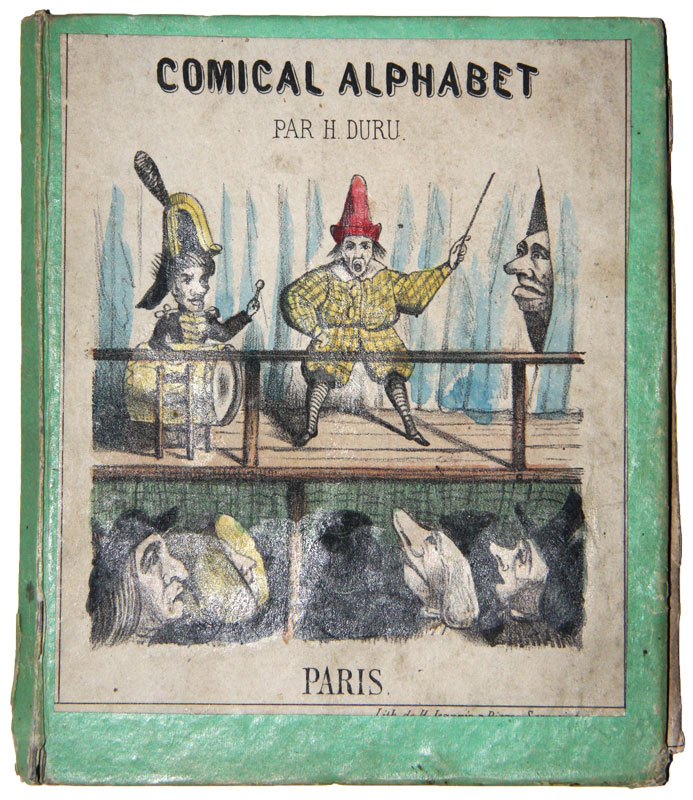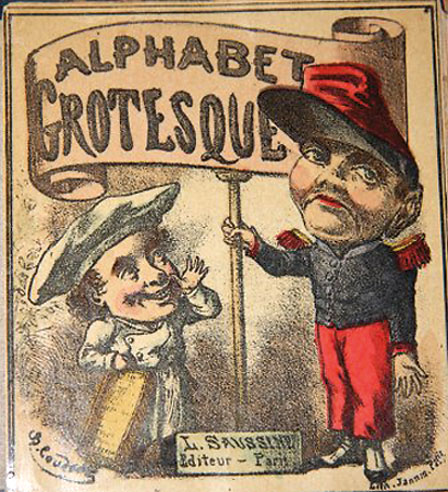When Rare Books Go Missing, Booksellers Band Together
It’s worth remembering, as Scott pointed out, “a bookseller is always having to keep his antennae up against dealing with theft and fraud both coming and going. Spending a thousand bucks on something it turns out you don’t have title to is as much of a loss as having something walk off your shelves.” We have seen multiple cases of booksellers assisting with the recovery of material lifted from institutional libraries, including the 2012 thefts from Becker College in Worcester, Massachusetts, of more than a hundred books from the Samuel May, Jr. Collection. When the college posted the list of books believed missing from the collection, Stern immediately recognized several of them that he had recently acquired (from the thief, as it happened, whose story of their provenance seemed perfectly reasonable). Stern credited the college with having detailed catalogue records that made the detective work straightforward. He quickly gathered all the items and returned them to the college. He said he was grateful that he hadn’t sold any of the books, as it meant that he didn’t have to “go hat in hand” to customers and inform them that the books they’d purchased were stolen property and would need to be returned. As for the restitution he is due to receive from the culprit, Stern said he plans to donate the money to Becker College.
By implementing the Stolen and Missing Books blog, which replaces an older database for the documentation of these thefts, Scott noted that the ABAA hopes to gain more control over the reports submitted, and to be able to swiftly and easily provide updates when books are found. The International League of Antiquarian Booksellers (ILAB) also hosts a site for reports and news of stolen books, as does the Rare Books & Manuscripts Section of the American Library Association. A relaunch of the ABAA website, planned for this summer, will include a redesigned, dedicated security page as well.
While security in the book trade has tended to be, somewhat of necessity, reactive and reliant to a large degree on anecdote rather than statistical data, as more and better tools for documenting and tracking common thefts are developed and deployed, those in the trade will find themselves better equipped to combat fraudsters of every stripe.
“It hurts every time it happens,” Stern said, “but it’s still relatively rare. Maybe that’s because we’re a backwater, or maybe we just deal with a lot of honest people.”











